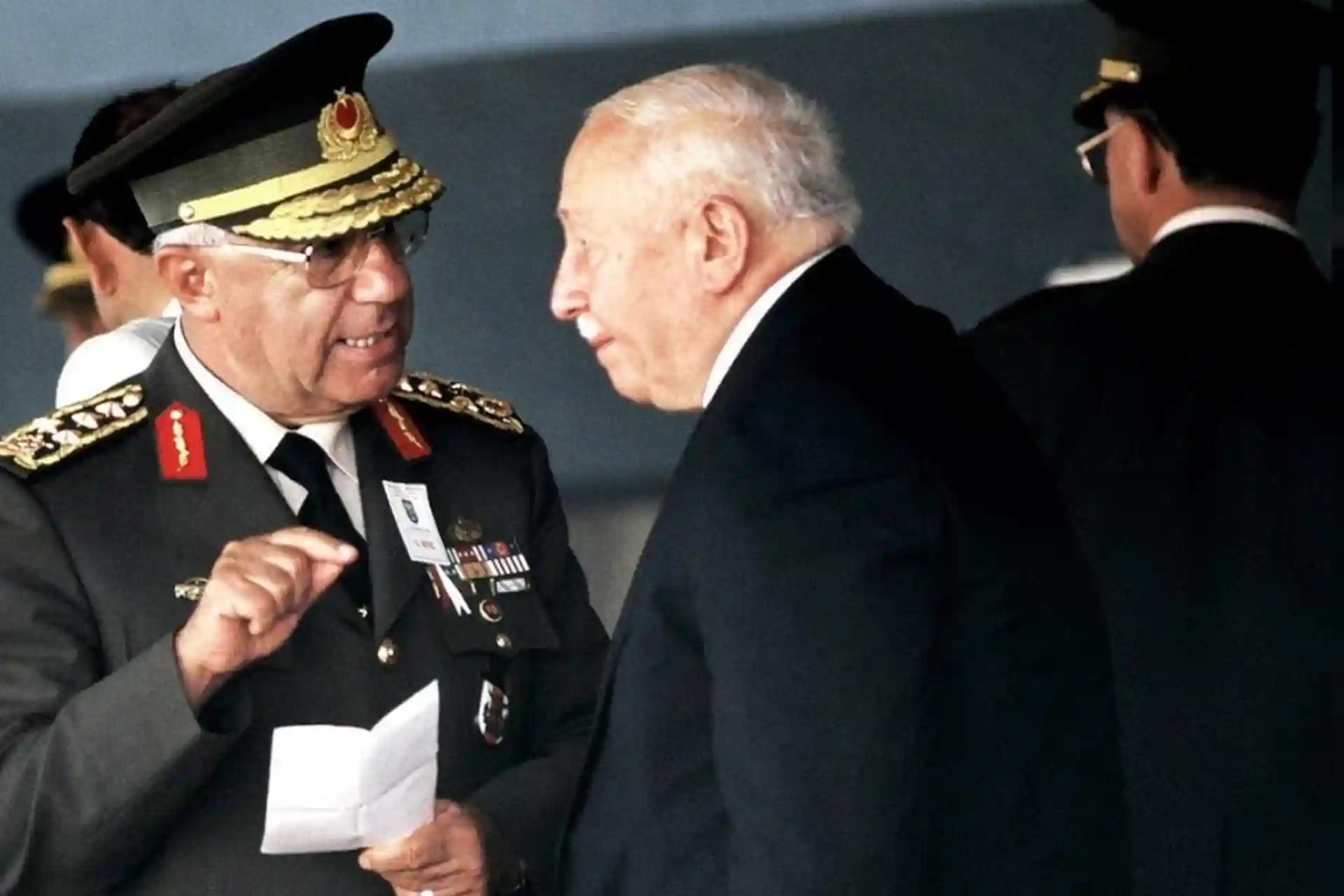28.02.2025 16:04
2251
The events of February 28, or the history of the "Postmodern Coup" in Turkey
The February 28 events, considered one of the most important political events in Turkish history, took place in 1997. These events are described as a "postmodern coup" in contrast to traditional military coups. Because in this process, the army did not overthrow the government through violence, but rather succeeded in destroying it through political and social pressure.
Background: Political environment in Turkey
In the 1995 elections, the Islamist-leaning Refah Party led by Necmettin Erbakan achieved great success and was able to form a government. In 1996, Erbakan formed a government with the Friendship coalition led by Tanso Çiller, becoming Turkey's first Islamist prime minister.
Causes of the coup
Erbakan's government, upon coming to power, has raised serious concerns among the secularist Turkish military and the country's secular elite. His rapprochement with Islamic countries such as Saudi Arabia and Iran, his initiatives on religious freedom, and his positive attitude towards some religious organizations have caused discontent in military circles.
On February 28, 1997, at a meeting of the Turkish National Security Council (NSC), the military leaders called the Erbakan government "incompetent" and made their own strict demands. These demands were designed to protect the secular system in the country and were aimed at severely restricting the government's activities. Below are some of these demands:
Restriction of religious schools;
Not employing women wearing hijab in government institutions;
Prohibiting interference of religious organizations in state affairs;
The active participation of the army in defending secularism.
Overthrow of the government
While Erbakan's government initially agreed to these demands, the practicalities of his power gradually weakened. The military, bureaucrats, media, and business elites jointly launched campaigns to discredit his government. Propaganda against Islamist movements in the country's media intensified.
As a result, Necmettin Erbakan was forced to resign on June 30, 1997, and power passed to secularist forces. This event has been called a "postmodern coup" because, unlike a traditional coup d'état, it was carried out without the use of force, but through pressure against the government.
The situation after the coup
After Erbakan's resignation, secularist forces took control of power in Turkey. The Refah Party was banned by the Constitutional Court in 1998, and Erbakan was removed from politics. Many religious politicians were punished.
However, the long-term consequences of this process were the emergence of new Islamist political forces on the Turkish political scene. In 2001, politicians such as Recep Tayyip Erdoğan and Abdullah Gül founded the Justice and Development Party (AKP), which won the 2002 elections.
Conclusion
The events of February 28, 1997, were a major turning point in the modern political history of Turkey. They caused a reshaping of the country's political system and had a significant impact on the current balance of political power. This process, known as the "postmodern coup", remains a widely discussed topic in Turkey.

